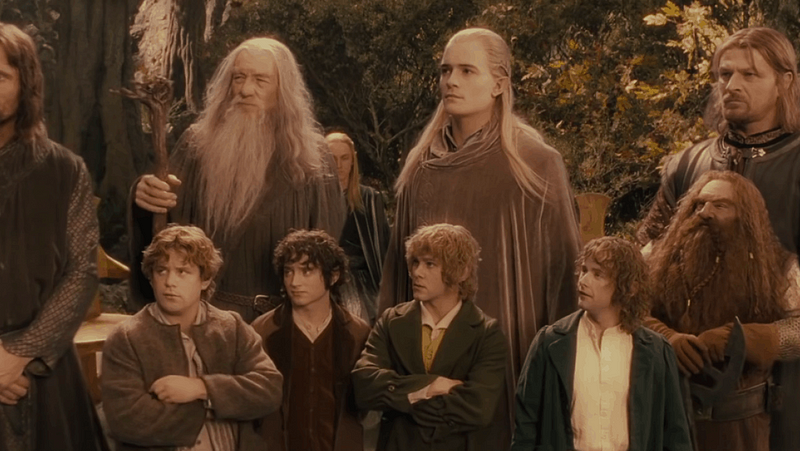Let me guess — you consider yourself an avid reader.
If you’re like most people on Medium, you read one or two books every month, most of which are probably non-fiction. You spend your free time learning about history, business, self-help, and finance, mostly because the authors of such books insist that reading their content will make you a smarter, more well-rounded person.
You’ve been collecting hundreds of such facts across dozens of genres for years now, hoping that the intellect of the authors might one day rub off on you. But book after book, all you ever seem to retain once you finish is a menagerie of disparate knowledge and factoids that mean little to you or anyone else. Sure, you may seem “smart” to your friends during an evening round of trivia… but is that really why you’re so insistent on reading every day?
For most of you, no.
Granted, many non-fiction books are incredibly powerful. Facts are the foundation of knowledge, after all. But too many of them fall prey to the consistent problem of stating the same concept in different words time and time again. This is especially true of the self-help genre, whose books (the vast majority of the time) can often be summed up into a single sentence: “work harder and you’re more likely to succeed at what you do”. Not exactly rocket science.
So what do you read to become smarter?
Against popular opinion, I don’t think most people need to read more fact-based non-fiction books. To the contrary, I actually believe that most people would benefit by reducing the amount of non-fiction they read, and increasing the amount they consume of another, less commonly spoken-of literary genre — fiction.
That’s right. Fiction. Stories. Fabricated texts where an imaginary protagonist goes through adversity, and (most of the time) comes out the other side stronger for it.
Science fiction. Fantasy. Drama. Intrigue. The genre isn’t important, but what is important is that you make a strong, concerted effort to put yourselves in the shoes of the characters you read. To feel what they feel, both good and bad. To expand your emotional palate beyond that which is constrained by history or the laws of nature, and to instead let yourself run against the walls of human imagination — a device, in my opinion, much more conducive to self-improvement.
At this point, I have read several hundred fiction books. Perhaps thousands. The specific names and characters of most of the stories I have read are now lost to time, as I made no effort to document my reading when I first began. But like most factoids, the names and characters in these books are unimportant. What is important is that, through reading them, I got to live a moment in someone else’s head. I got to witness their rise and their fall… how they dealt with problems and came up with solutions… and how they overcame adversity to succeed.
And don’t get me wrong — you can learn these lessons through non-fiction as well. History especially. But the bottom line is you’re less likely to, since chronic readers of non-fiction are often more myopically focused on the end goal — knowledge — than the experience or the journey to get there. That’s how most non-fiction books are marketed, after all.
If you’re looking to really become a well-rounded person, and you’re not currently reading fiction, try it. Today. You don’t have to start with Victorian era literature like Tom Sawyer, nor do you have to dive in with both feet to fantasy epics like Lord of the Rings (both can seem daunting to first-time readers). Instead, pick up a recent trending historical fiction or drama. I promise it’ll be worth the $4.50.

Work your way through it. Feel what the protagonist feels. Understand their rises, their falls, and all of the in-betweens. And if by the end you don’t absorb at least a bit of that protagonist — if your personality and maturity both don’t change just a little bit — then you can go right back to the thirteenth new iteration of “The Four-Hour Workweek”. You’ll be no worse off for it.



